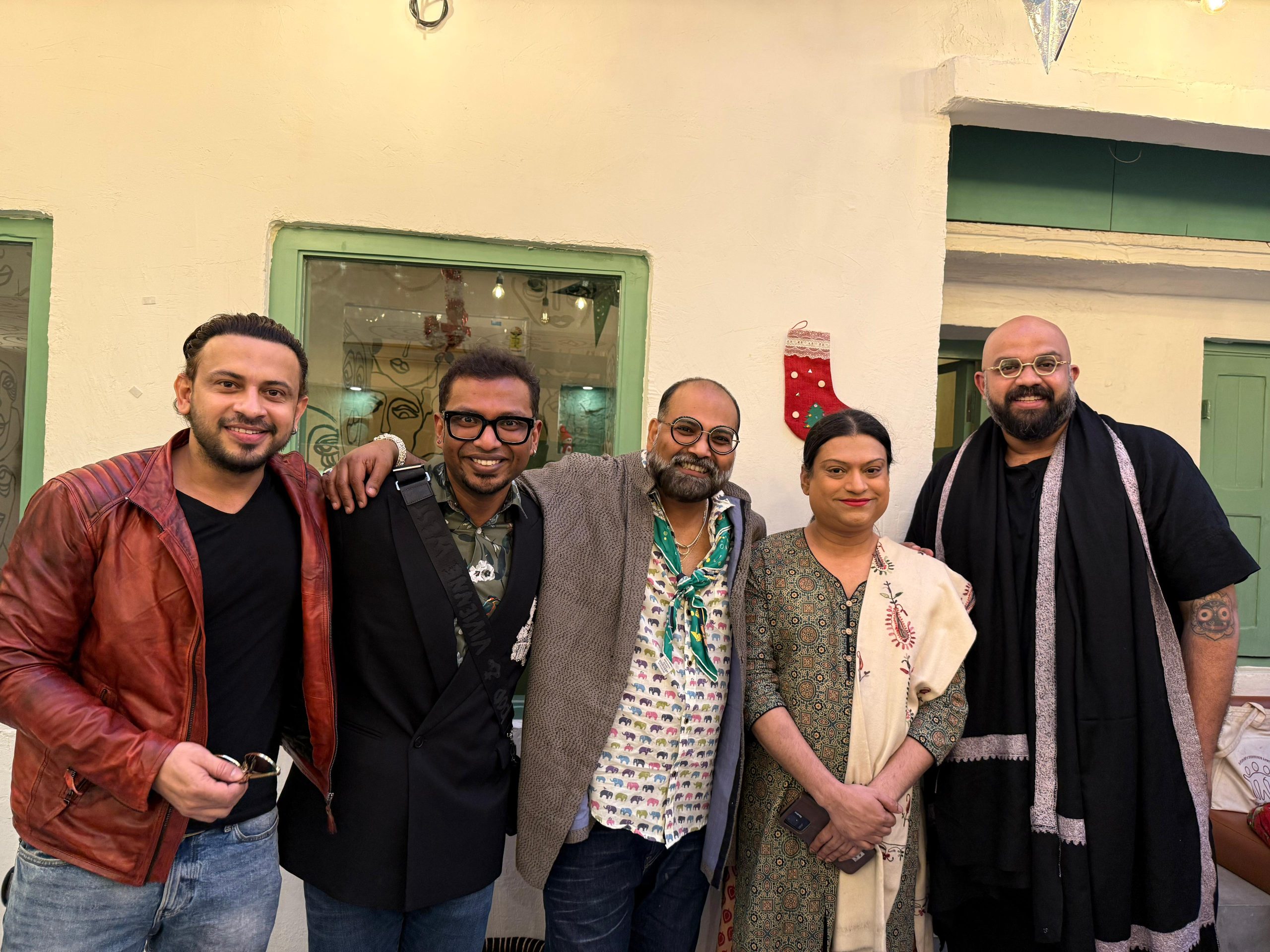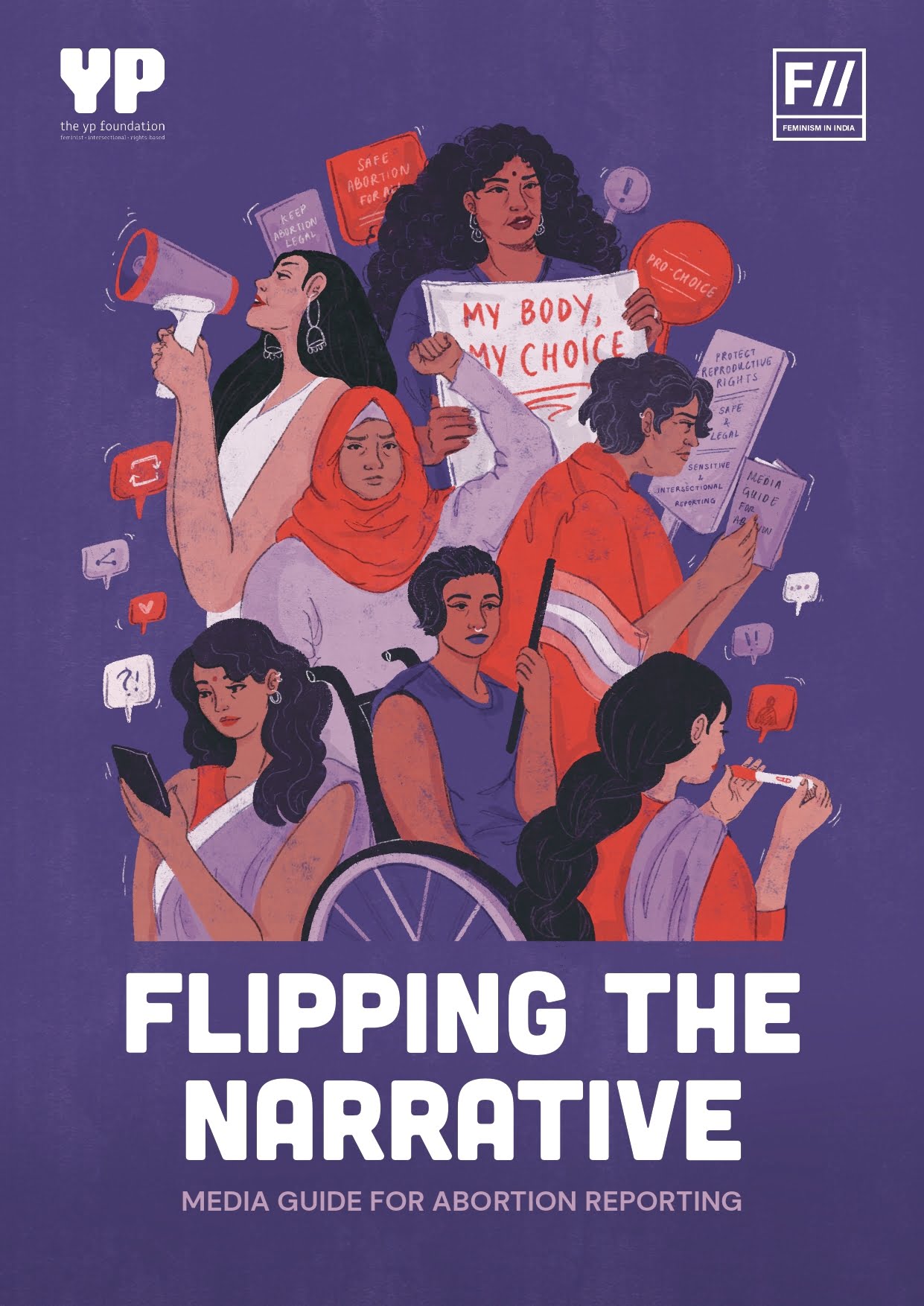March 8, International Women’s Day was celebrated in Delhi amongst reverberating cries of ‘Azaadi’ (freedom), as social justice groups from across the city united at the Women’s March.
The March commenced at 11 am at Mandi House, as some of India’s leading gender activists led parallel processions to the sound of drums and slogans asserting their political, economic, social and cultural rights. It was certainly a diverse gathering, as people from all walks of life marched along, some in silence, while others echoing the cries of the leaders.
The March was used as a platform for leading women activists to assert their demands for a more gender just society.
While the rallying cries were immersed in the political (‘the personal is political’ as said by one of the activists), the banners and signs held up by many were diverse and powerful in their own way. There were demands to overthrow the casteist and misogynist powers of oppression, bringing Modi’s government into special light.
Whether they were calling out Brahmanical patriarchy and casteism, asserting their right to freedom of expression and safety, demanding the right to 50% reservation in the Parliament, or celebrating feminist solidarity and sisterhood, the banners were some of the most women-centric aspects of the March. The March ultimately culminating into a massive rally at Parliament Street, that was used as a platform for leading women activists to assert their demands for a more gender just society.
It was certainly a diverse gathering, as people from all walks of life marched along, some in silence, while others echoing the cries of the leaders.
Here is a sneak peek into the ‘Aath March, Saath March’, the powerful protest that united women from across the city to assert the principles they fight for every day.

Also read: International (Working) Women’s Day: A History Of 8th March
About the author(s)
Feminism In India is an award-winning digital intersectional feminist media organisation to learn, educate and develop a feminist sensibility and unravel the F-word among the youth in India.










